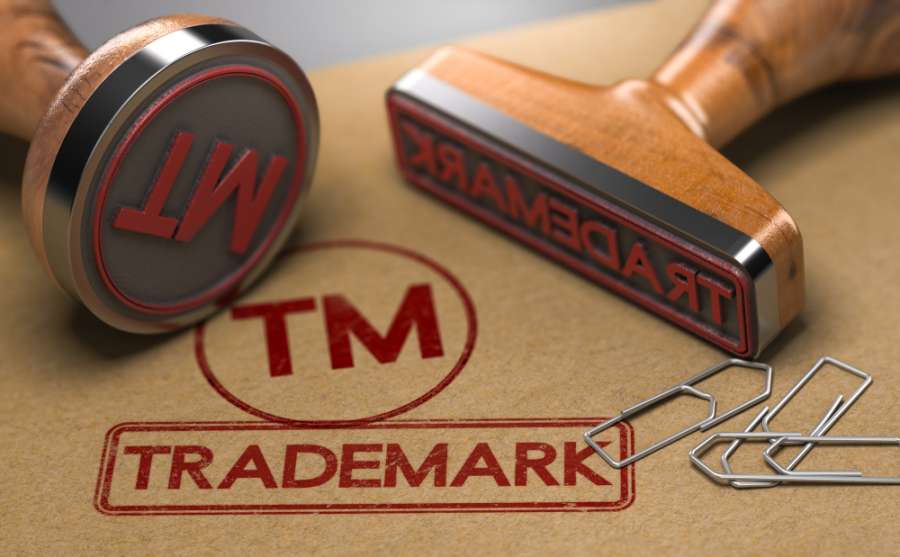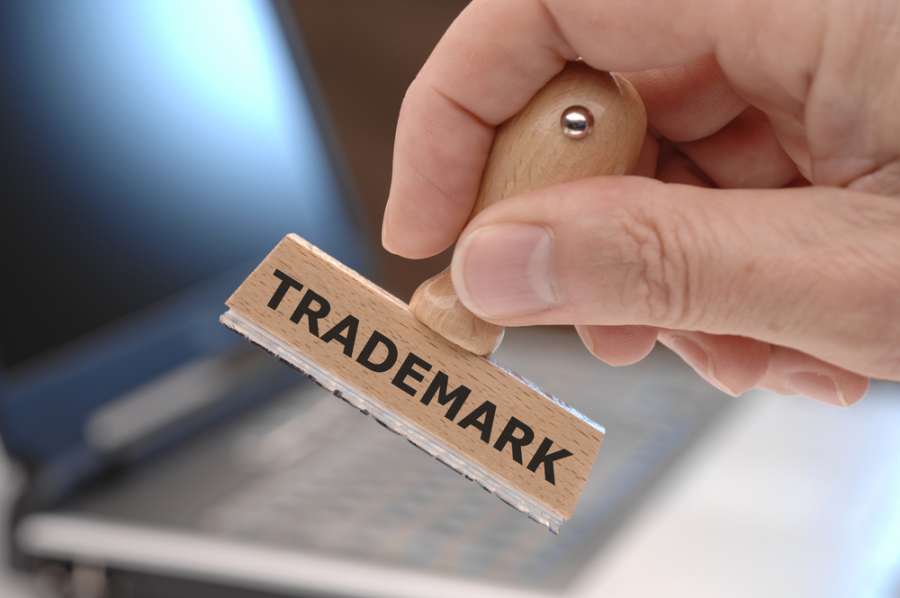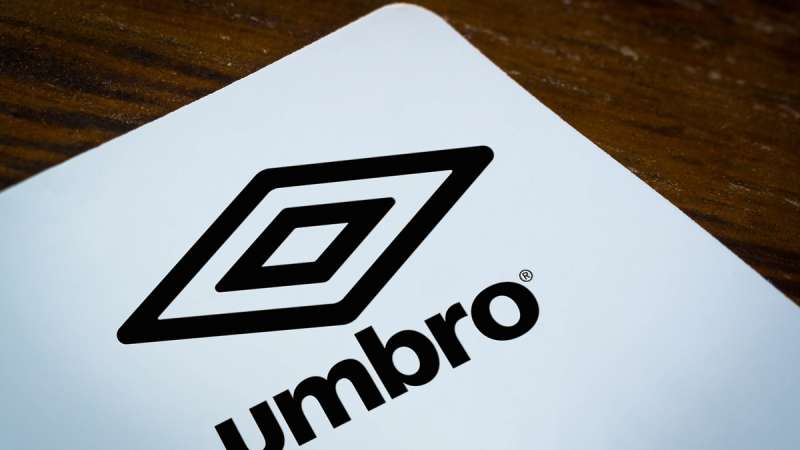
What is a trademark?
A trademark is a symbol or word(s) used by a trader to distinguish its products or services from those of others. A trademark protects branding for businesses, including product names, logos, acronyms, slogans, trading styles and even colours. Trademarks are a valuable form of IP because they become associated with quality and consumer expectations in a product or service. Therefore, businesses must identify, register and protect their trademark(s).
Trademark owners can apply for a Community trademark (CTM) or a UK trademark. A UK registered trademark is only enforceable in the UK, whereas a CTM is enforceable throughout the EU. Each type of registration lasts ten years and is renewable for a further ten-year period. It is also possible to register trademarks throughout the world, although it is advisable to initially register them in the countries where the goods or services are to be supplied. To be registrable, a trademark must be distinctive, capable of being represented graphically, capable of distinguishing goods or services and not be excluded by statute.











